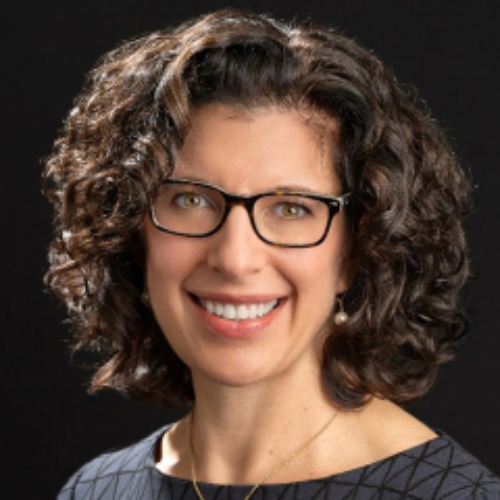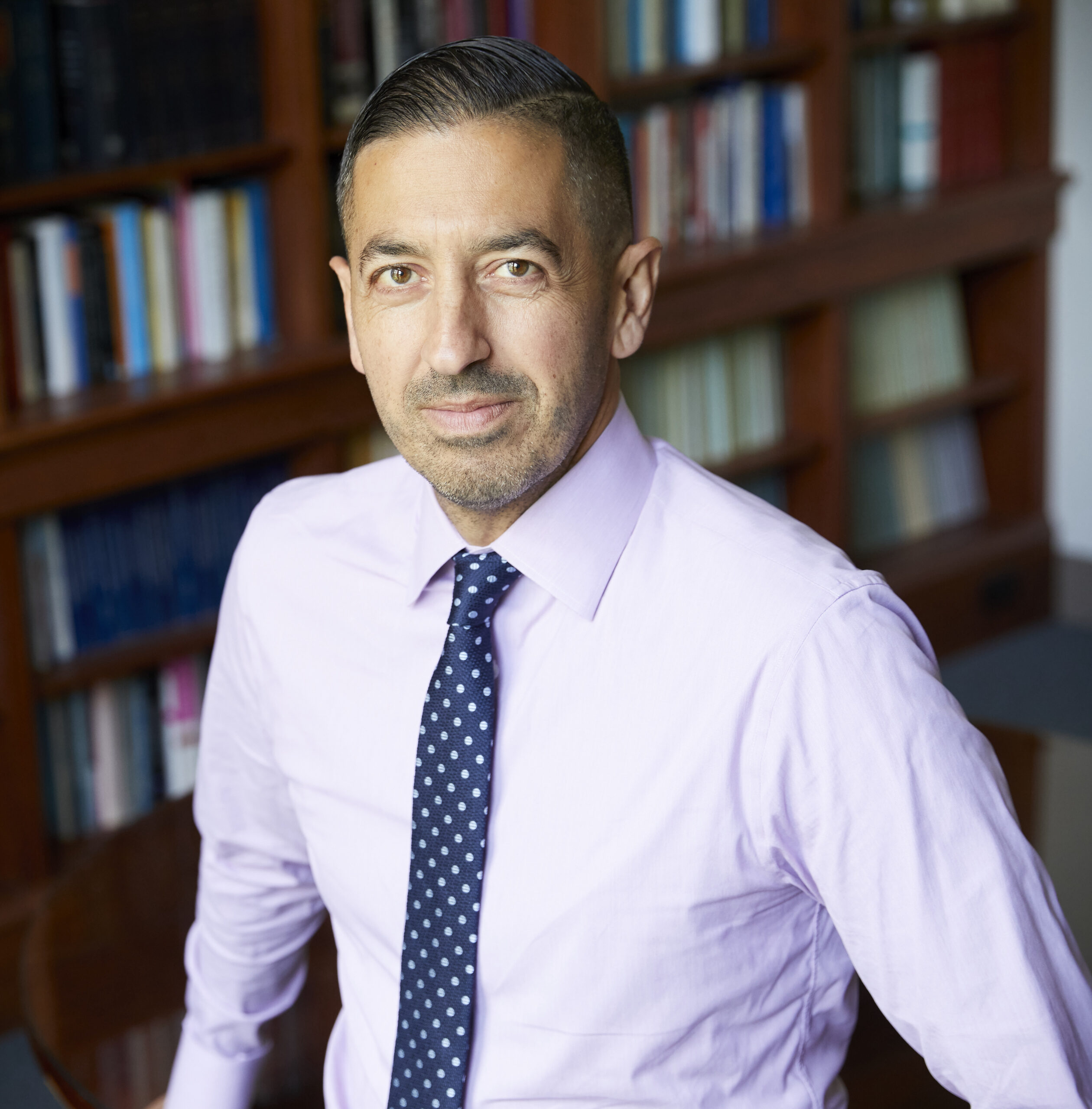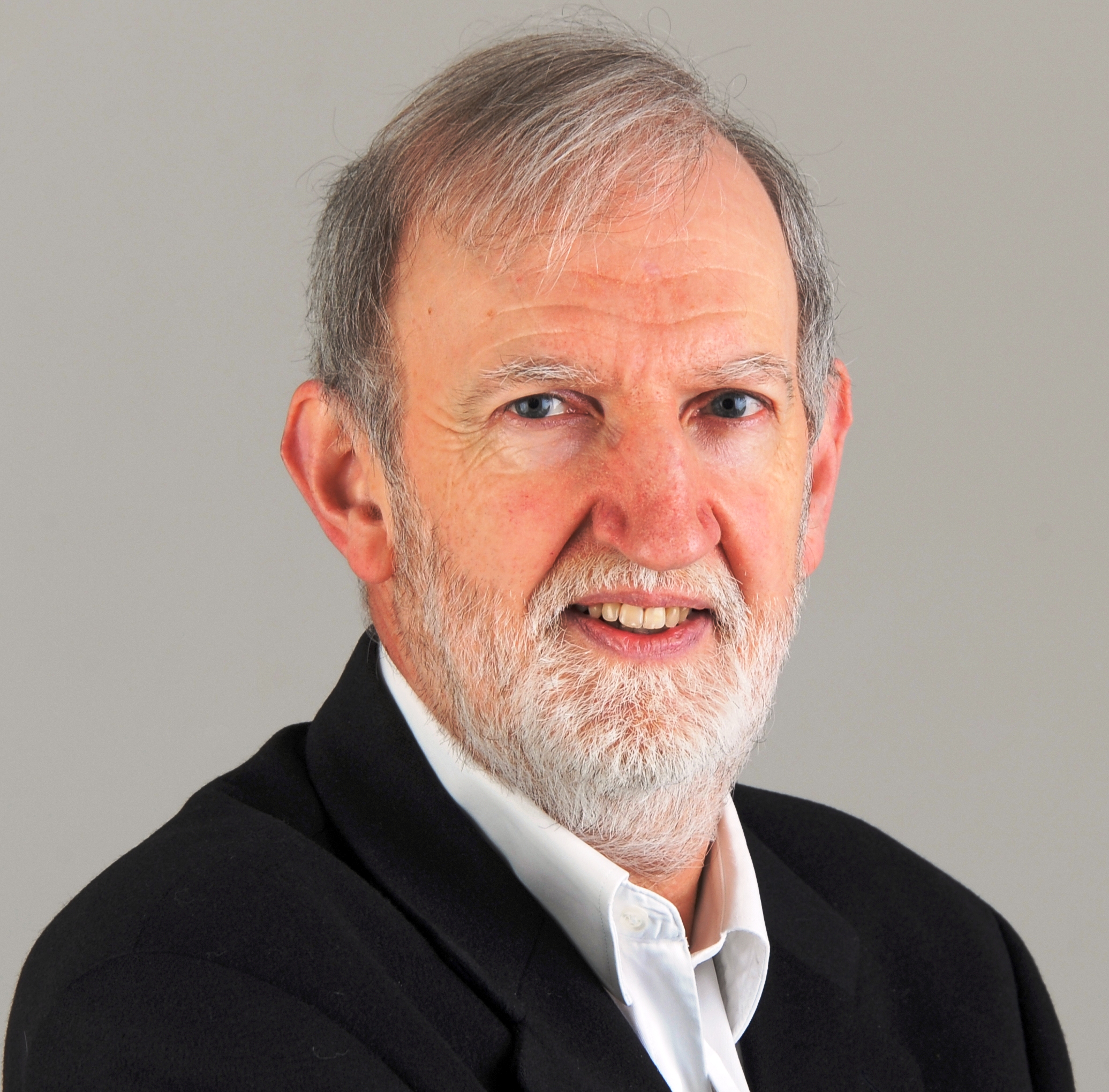2024 Keynotes
Megan L. Ranney, MD, MPH, FACEP
Dean, School of Public Health; C.-E.A Winslow Professor of Public Health
Yale University
Confronting Firearm Injury and Its Ripple Effects: Insights and Opportunities from the Field of Public Health
Firearm death rates in the United States are at near-record levels. Firearm injury has surpassed car crashes to become the leading cause of death of U.S. children aged 1-19. And we are only just beginning to quantify the ripple effect of trauma and stress for survivors, their families, and their communities. This keynote will summarize recent epidemiologic trends in firearm injury the U.S., discuss promising strategies for reducing firearm injury and its aftereffects, and draw attention to promising areas of work to reduce the cycle of injury and fear that is plaguing our nation.
Biography
Dr. Megan L. Ranney is an emergency physician, researcher and national advocate for innovative approaches to public health. She joined Yale in July 2023 as the Dean of the Yale School of Public Health and C.-E. A. Winslow Professor of Public Health. Her research focuses on developing, testing and disseminating digital health interventions to prevent violence and related behavioral health problems, as well as on COVID-related risk reduction. She has held multiple national leadership roles; received numerous awards for technology innovation, public health and research; and is a leading public voice on urgent topics in health and medicine.
Sandro Galea, MD, MPH, DrPH
Boston University School of Public Health
Structures, Systems, History and the Consequences of Trauma
The forces that shape health are structured by the world around us, by the conditions of the places where we live, work, and play. In turn these conditions are shaped by history and are themselves the consequences of other forces that have shaped health in the past. This presentation will discuss the long-tail consequences of traumatic events, the ineluctable role of history, and how the full expression of mental and physical health is intertwined with context. We will discuss why it is impossible to understand traumatic events without a full reckoning with these forces, and the implications this has for interventions.
Biography
Sandro Galea, a physician, epidemiologist, and author, is dean and Robert A. Knox Professor at Boston University School of Public Health. He previously held academic and leadership positions at Columbia University, the University of Michigan, and the New York Academy of Medicine. He has published extensively in the peer-reviewed literature and is a regular contributor to a range of public media, about the social causes of health, mental health, and the consequences of trauma. He has been listed as one of the most widely cited scholars in the social sciences. He is the current Chair of the Boston Public Health Commission Board of Health, past chair of the board of the Association of Schools and Programs of Public Health, and past president of the Society for Epidemiologic Research and of the Interdisciplinary Association for Population Health Science. He is an elected member of the National Academy of Medicine. Galea has received several lifetime achievement awards. Galea holds a medical degree from the University of Toronto, graduate degrees from Harvard University and Columbia University, and an honorary doctorate from the University of Glasgow.
Chris Brewin, PhD
University College London
Lifetime Achievement Keynote - Key Concepts, Methods, Findings, and Questions about Traumatic Memories
This talk will identify common sources of confusion about traumatic memories and spell out how clinical observations have shaped our understanding of the different forms in which these memories present. These observations are then related to key philosophical and psychological ideas about how events can be encoded via alternative visual pathways and experienced with different levels of awareness. Methods needed to investigate traumatic memories are discussed with a view to isolating these processes. Research using these methods shows how intrusive trauma memories and flashbacks differ systematically from ordinary episodic memories, and can be distinguished in the brain functionally and structurally. Other research addresses the nature and reliability of flashbacks, as well as the mental states at the time of the traumatic event that give rise to them. The long-running controversy about whether voluntary memories of trauma are disorganised and fragmented is shown to depend partly on conceptual confusion and has been resolved with new meta-analytic findings. Finally I identify some important questions that offer exciting research opportunities.
Biography
Chris Brewin is emeritus professor of clinical psychology at University College London. He has conducted research into many aspects of human memory and published influential reviews of the precursors and consequences of PTSD. He is particularly associated with the dual representation theory of PTSD and with the impact of traumatic events on memories, flashbacks, voice-hearing, and identity. He played a major role in designing and implementing the mental health response to terrorist attacks in the U.K., with an emphasis on setting up screening and access to evidence-based treatment. He was an advisor to the American Psychiatric Association over DSM-5 and was centrally involved in revisions to the diagnosis of PTSD implemented by the World Health Organization in ICD-11. His clinical work has focussed on the cognitive-behavioral treatment of complex posttraumatic stress disorder, and his medicolegal work on memory for historical sexual abuse.




